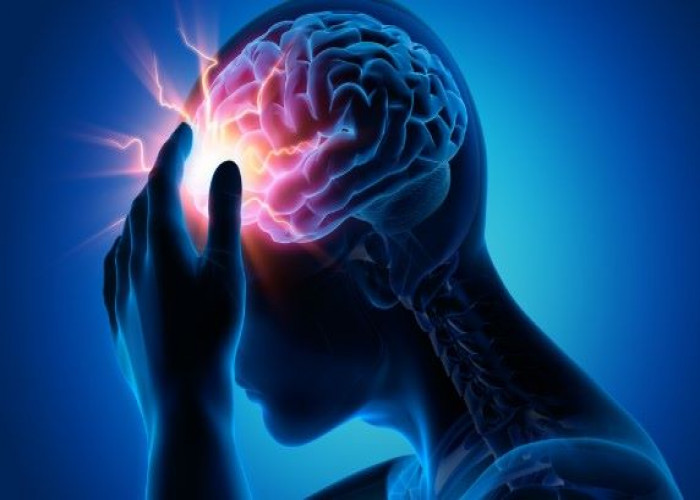 Welcome
Welcome
“May all be happy, may all be healed, may all be at peace and may no one ever suffer."
Headaches in children
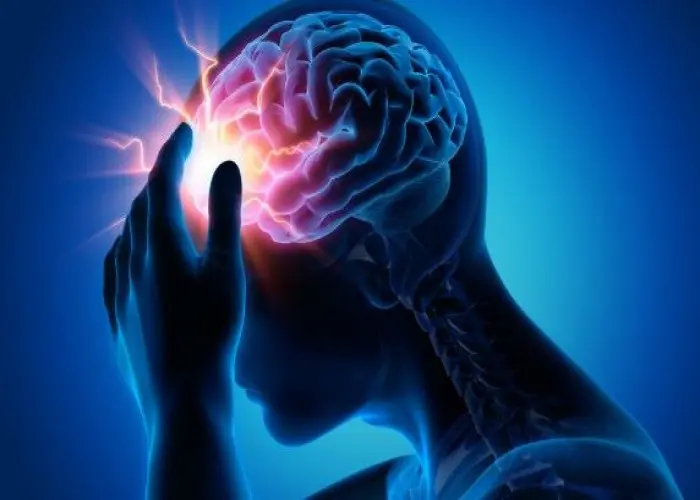
Headaches are a common problem in children and can be caused by a variety of factors. Some common causes of headaches in children include:
- Tension headaches: These are the most common type of headache and are often caused by stress, anxiety, and poor sleep habits.
- Migraines: Migraine headaches can cause intense pain, sensitivity to light and sound, and nausea. They are often triggered by certain foods, changes in sleep patterns, or other environmental factors.
- Sinus headaches: These headaches are caused by inflammation of the sinus cavities and are often accompanied by congestion and nasal discharge.
- Cluster headaches: These are rare but very painful headaches that occur in clusters over a period of several weeks or months.
- Rebound headaches: These headaches can occur in children who overuse medication to treat other types of headaches.
Treatment for headaches in children will depend on the underlying cause of the headache. Some common strategies for managing headaches in children include:
- Identifying and avoiding triggers: Keeping a headache diary can help identify triggers, such as certain foods or activities, that can be avoided.
- Over-the-counter pain relief: Acetaminophen or ibuprofen can be used to treat mild to moderate headaches in children. However, it is important to follow dosing guidelines carefully and avoid overuse.
- Prescription medications: In some cases, prescription medications may be necessary to treat chronic or severe headaches.
- Lifestyle changes: Encouraging healthy sleep habits, regular exercise, and stress reduction techniques can help prevent headaches.
It is important to consult a healthcare provider if a child's headache is severe, frequent, or accompanied by other symptoms, such as fever, vomiting, or seizures. These may be signs of a more serious underlying condition that requires medical attention.
Research Papers
Disease Signs and Symptoms
- Headaches
- Nausea or vomiting
- Abdomen pain
- Sensitivity to light (Photophobia)
Disease Causes
Headaches in children
A number of factors can cause your child to develop headaches. Factors include:
- Illness and infection. Common illnesses such as colds, flu, and ear and sinus infections are some of the most frequent causes of headaches in children. Very rarely, meningitis or encephalitis may cause headaches.
- Head trauma. Bumps and bruises can cause headaches. Although most head injuries are minor, seek prompt medical attention if your child falls hard on his or her head or gets hit hard in the head. Also, contact a doctor if your child's head pain steadily worsens after a head injury.
- Emotional factors. Stress and anxiety — perhaps triggered by problems with peers, teachers or parents — can play a role in children's headaches. Children with depression may complain of headaches, particularly if they have trouble recognizing feelings of sadness and loneliness.
- Genetic predisposition. Headaches, particularly migraines, tend to run in families.
- Certain foods and beverages. Nitrates — a food preservative found in cured meats, such as bacon, bologna and hot dogs — can trigger headaches, as can the food additive MSG. Also, too much caffeine — contained in soda, chocolates and sports drinks — can cause headaches.
- Problems in the brain. Rarely, a brain tumor or abscess or bleeding in the brain can press on areas of the brain, causing a chronic, worsening headache. Typically in these cases, however, there are other symptoms, such as visual problems, dizziness and lack of coordination.
Disease Prevents
Headaches in children
The following may help you prevent headaches or reduce the severity of headaches in children:
- Practice healthy behaviors. Behaviors that promote general good health also may help prevent headaches for your child. These lifestyle measures include getting plenty of sleep, staying physically active, eating healthy meals and snacks, drinking up to eight glasses of water daily, and limiting caffeine.
- Reduce stress. Stress and busy schedules may increase the frequency of headaches. Be alert for things that may cause stress in your child's life, such as difficulty doing schoolwork or strained relationships with peers. If your child's headaches are linked to anxiety or depression, consider talking to a counselor.
- Keep a headache diary. A diary can help you determine what causes your child's headaches. Note when the headaches start, how long they last and what, if anything, provides relief.
- Record your child's response to taking any headache medication. Over time, the items you note in the headache diary should help you understand your child's symptoms so that you can take specific preventive measures.
- Avoid headache triggers. Avoid any food or drinks, such as those containing caffeine, that seem to trigger headaches. Your headache diary can help you determine what prompts your child's headaches, so you know what to avoid.
- Follow your doctor's plan. Your doctor may recommend preventive medication if the headaches are severe, occur daily and interfere with your child's normal lifestyle. Certain medications taken at regular intervals — such as certain antidepressants, anti-seizure medications or beta blockers — may reduce the frequency and severity of headaches.
Disease Treatments
Usually you can treat your child's headache at home with rest, decreased noise, plenty of fluids, balanced meals and OTC pain relievers. If your child is older and has frequent headaches, learning to relax and manage stress through different forms of therapy may help, as well.
Medications
- OTC pain relievers. Acetaminophen or ibuprofen (Advil, Motrin IB, others) can typically relieve headaches for your child. They should be taken at the first sign of a headache.
- Children and teenagers recovering from chickenpox or flu-like symptoms should never take aspirin. Aspirin has been linked to Reye's syndrome, a rare but potentially life-threatening condition, in such children. Talk to your doctor if you have concerns.
- Prescription medications. Triptans, prescription drugs used to treat migraines, are effective and can be used safely in children older than 6 years of age.
- If your child experiences nausea and vomiting with migraines, your doctor may prescribe an anti-nausea drug. The medication strategy differs from child to child, however. Ask your doctor or pharmacist about nausea relief.
Caution: Overuse of medications is itself a contributing factor to headaches (medication overuse headache). Over time, painkillers and other medications may lose their effectiveness. In addition, all medications have side effects. If your child takes medications regularly, including OTC products, discuss the risks and benefits with your doctor.
Therapies
While stress doesn't appear to cause headaches, it can act as a trigger for headaches or make a headache worse. Depression also can play a role. For these situations, your doctor may recommend one or more behavior therapies, such as:
- Relaxation training. Relaxation techniques include deep breathing, yoga, meditation and progressive muscle relaxation, in which you tense one muscle at a time. Then you completely release the tension, until every muscle in the body is relaxed. An older child can learn relaxation techniques in classes or at home using books or videos.
- Biofeedback training. Biofeedback teaches your child to control certain body responses that help reduce pain. During a biofeedback session, your child is connected to devices that monitor and give feedback on body functions, such as muscle tension, heart rate and blood pressure.
- Your child then learns how to reduce muscle tension and slow his or her heart rate and breathing. The goal of biofeedback is to help your child enter a relaxed state to better cope with pain.
- Cognitive behavioral therapy. This therapy can help your child learn to manage stress and reduce the frequency and severity of headaches. During this type of talk therapy, a counselor helps your child learn ways to view and cope with life events more positively.
Disease Diagnoses
Disease Allopathic Generics
-
Paracetamol
A popular common treatment for headaches is a medication with paracetamol or aspirin.
First 2 and then 1 3 times a day.
-
Vitamin B complex
To eliminate weakness. 1 pill 2 times a day after meals.
-
Naproxen Sodium
Naproxen is a medicine that can be used to bite into the head for scalp pain.
Young age 250mg or adults 500mg 2 times a day after meals for 5/7 days.
-
Ranitidine Hydrochloride
Medicines containing ranitidine for stomach gas. 1 pill 2 times a day after meals.
Disease Ayurvedic Generics
Disease Homeopathic Generics
Disease yoga
Headaches in children and Learn More about Diseases

Carpal tunnel syndrome
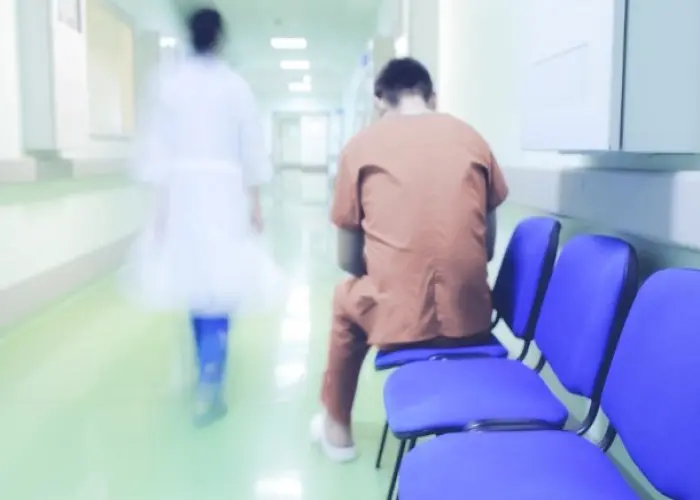
Delirium

Sacral dimple

Thyroid cancer

Pericardial effusion
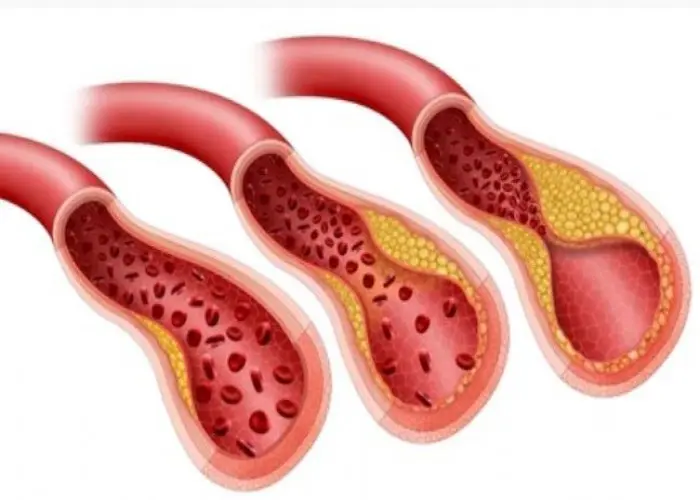
Carotid artery disease
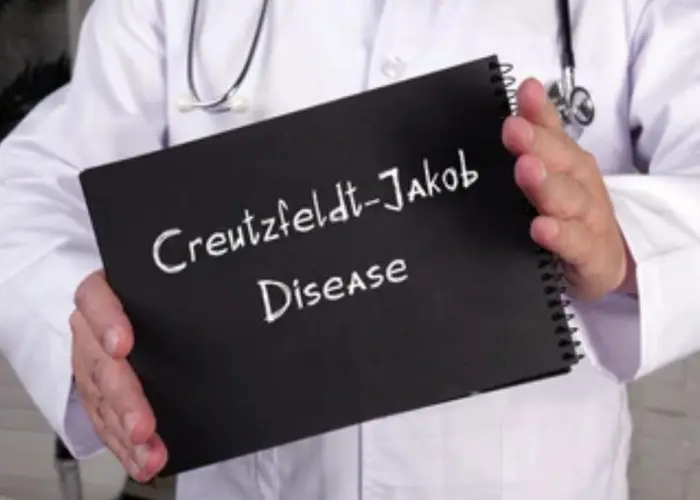
Creutzfeldt-Jakob disease

Scarlet fever
headaches in children, বাচ্চাদের মধ্যে মাথাব্যথা
To be happy, beautiful, healthy, wealthy, hale and long-lived stay with DM3S.
